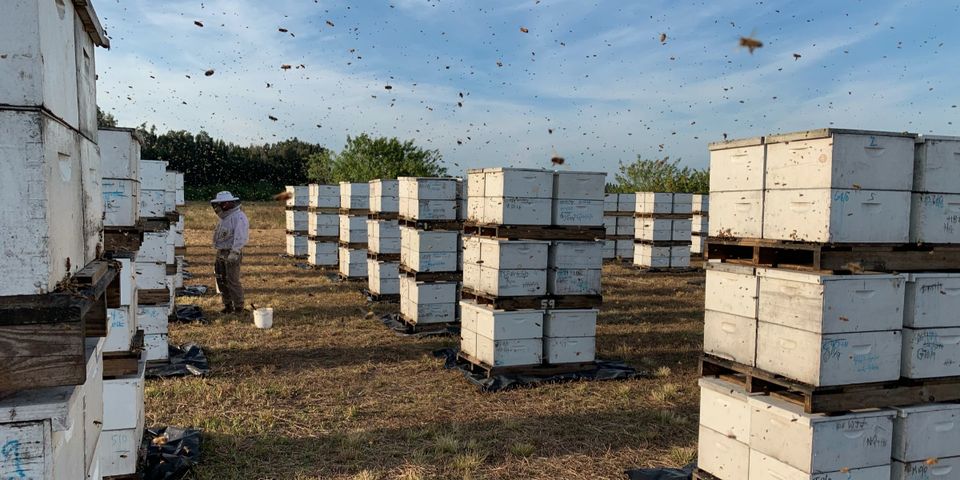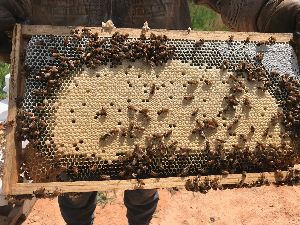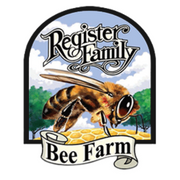
Honey is a popular choice when it comes to healthy sweeteners, and it comes with a wide variety of additional benefits. Whether they're making tupelo or wildflower honey or any other variety, bees follow the same general process to produce this sweet substance that they’ve used since they first started buzzing from flower to flower. In the following guide, take a look at how they do it and a common misconception surrounding the beekeeping process.
How Honey Is Made
Honey is produced by any of several species of bees for use as a source of energy. Worker bees, who make up the majority of any beehive’s population, seek flowering plants and gather their nectar before transporting it back to the hive. There, other bees chew the nectar, add the enzymes that make honey so special, and deposit it in honeycombs, where the excess water in the substance can evaporate. The finished honey is then sealed in the comb with wax to preserve it.

Bees produce various types of honey, depending on the source of nectar they use. Tupelo honey, for example, is made from the nectar of the white Ogeechee tupelo tree, found in the Choctawhatchee and Apalachicola River basins in Northwest Florida. Wildflower honey, as the name implies, is made from nectar drawn from a wide variety of flowering plants, giving it a wide range of more complex flavors.
Beekeepers And Honeybees
A number of misconceptions surround honey production and beekeeping in general, the most prominent of which is that beekeepers are thought to unfairly take a critical source of food away from their bees. The reality is that bees recognize needs in the hive and are much more productive if the honey is periodically harvested. They are also much more healthy as a hive if they are actively gathering nectar and pollen.
Due to increased pest and disease pressure, most feral colonies will die within a year, so the beekeeper is a vital part of keeping honeybees healthy and productive. This is incredibly beneficial to honeybees as a species and helps ensure their continued critical role in our ecosystem. Beekeepers and their bees have a mutually beneficial relationship that allows the world to partake in the wonderful flavors and health benefits of honey.
If you’re looking to sample delicious tupelo or wildflower honey, contact Register Family Farm in Freeport, FL. This veteran- and family-owned company is passionate about beekeeping and their bees, taking every step necessary to ensure they produce sustainable natural honey along with a wide selection of candles, soaps, lotions, and more. Call (850) 392-7404 to place an order or ask any questions, and visit them online to learn more about their products.
About the Business
Have a question? Ask the experts!
Send your question

